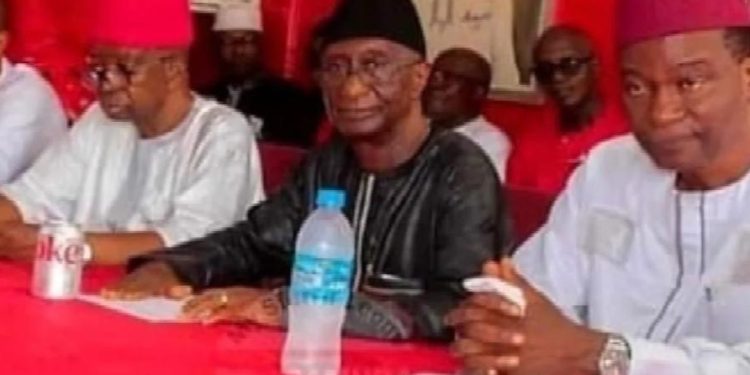By Mackie M. Jalloh
In a surprising turn of events, the All People’s Congress (APC) has halted its much-anticipated nationwide registration and verification exercise just weeks after it began on July 31, 2024. This abrupt suspension reflects the intensifying internal power struggles that have plagued the party and jeopardized its efforts to solidify its base ahead of future elections.
The decision to pause the registration process was made amid growing unrest among party members, who have become increasingly vocal about their dissatisfaction with the current leadership’s direction. From the outset, the exercise was met with skepticism, particularly from influential regions like Kono District. There, local leaders and grassroots supporters raised concerns about the legitimacy of the registration, questioning the inclusivity of the party’s leadership structure.
Central to the discontent in Kono is the exclusion of key political figures such as Chief Sam Sumana and Lady Diana Konomani from the APC’s top leadership ranks. Both figures command significant support within the district, and their sidelining has led to widespread boycotts of the registration process by party members in the region. The demand for their inclusion has become a rallying cry for those who feel marginalized by the current APC hierarchy.
The situation has been further complicated by the lingering influence of the defunct Interim Transitional Governance Committee (ITGC), which was once chaired by Alfred Peter Conteh. Members of the former ITGC argue that the ongoing registration process undermines the reforms and groundwork they laid during their tenure. They have threatened legal action, asserting that their contributions to the party’s restructuring cannot be disregarded without consequences.
As internal disputes deepen, the APC leadership finds itself in a precarious position, trying to balance the demands of its regional factions with the need to present a unified front. The suspension of the registration exercise is a clear indication that the party’s internal rifts are far from resolved.
This setback raises questions about the APC’s ability to rally its supporters and effectively prepare for upcoming electoral contests. The party, once a formidable force in Sierra Leonean politics, now faces the daunting task of addressing these internal divisions while maintaining its relevance on the national stage.
The current impasse within the APC underscores the challenges of maintaining cohesion in a party grappling with issues of inclusion, legitimacy, and leadership. As the leadership scrambles to resolve these disputes, the future of the registration exercise—and the party itself—remains uncertain.










